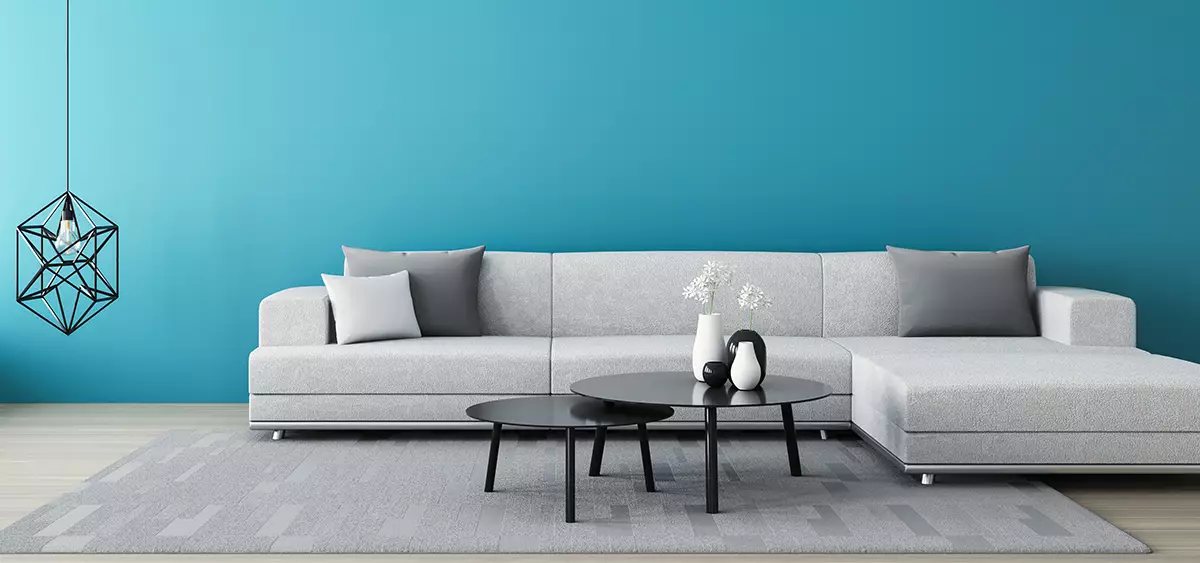When a couple separates, often one person moves out. Can that person take household items? Sell them? What about personal effects? This article explains the legal rules.

Items in the Family Home: Protected Property
Each spouse needs the permission of the other spouse before taking items used by the family in the family home, if the items fall into the category of “moveables”.
Here are examples of movables:
- furniture (sofa, beds, tables, buffet, etc.)
- major appliances (fridge, stove, washer, etc.)
- small appliances (coffee maker, toaster, microwave oven, etc.)
- electronics (television, sound system, etc.)
- artwork (portraits, paintings, sculptures, etc.)
Even if when one spouse is the only owner of the movable item, this spouse can’t take it out of the home without the agreement of the other spouse or the authorization of a judge.
Ideally, the spouses should try to reach an agreement when they separate. When this is impossible, each spouse can ask a judge for exclusive use of the family’s movable property.
However, spouses can take items that belong to them if they are not considered movables used by the family. For example, spouses can take their own clothes, jewellery, stamp collections, work tools and office furniture.
|
Example Mahmoud is an accountant, and he set up an office in the basement of the house. He doesn’t need the agreement of his wife, Amina, to take his computer, which he uses for work. He’s the only one who uses it. He can also take a chair he bought for clients to sit in, and the rest of his office furniture (desk, filing cabinet, etc.). |
Sale of Protected Property
If Spouse A tries to sell protected property without the agreement of Spouse B, Spouse B can stop the sale of these items:
- movable property owned by Spouse B
- movable property owned by Spouse A (the share of this property that Spouse B is entitled to)
The spouse trying to stop the sale asks for what is officially called a “seizure before judgment.” To get a seizure, certain conditions apply. To learn more, talk to a legal professional.
Collecting Your Personal Belongings After Moving Out
Ideally, the spouses should arrange – either together or through their lawyers – for the spouse who moved out to pick up personal belongings.
If the spouses have a very difficult relationship, it is a good idea for a witness to be present to watch what they take and to say what happened in front of a judge if necessary.
|
Example Mahmoud and Amina have just separated. He moved out of the house. His relationship with Amina is very tense. According to Mahmoud, Amina falsely accused him of certain behaviour and says she is a victim. Amina reluctantly agrees to let Mahmoud pick up his things at 4 p.m. on Saturday. Amina agrees to let him take the stove and one of the beds, in addition to his personal belongings. Since Mahmoud is worried that Amina will accuse him of taking other things, or that she might make a scene while he’s there, he asks Charles to go with him to be a witness. |
If necessary, spouses who want to pick up personal effects can ask the police to accompany them when entering the house.
Finally, a spouse can ask a judge to make an emergency decision giving access to the house at a specific time and date to pick up personal belongings. The judge can also order one spouse to hand over the other spouse’s personal belongings by a certain deadline.





